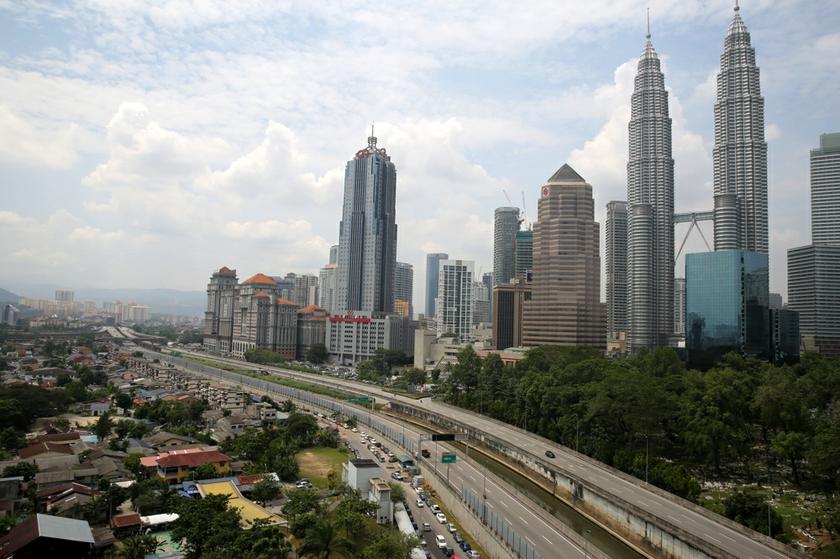KUALA LUMPUR, Aug 8 — Chinese firms’ pullback on investments here has opened the door for American investors to take over as Malaysia’s main source of foreign funding.
According to analysts speaking to The Straits Times (ST), US firms viewed Malaysia as the region’s “sweet spot” in terms of cost, infrastructure, and regulation.
The US interest also made up for Malaysia’s inability to capture investments from firms relocating outside of China to escape the fallout of the tariff war between the two superpowers.
“Vietnam is cheap but its manufacturing ecosystem isn't as developed. On the other end of the spectrum, labour costs are much higher in Singapore.
“This puts Malaysia in a nice middle ground,” Barclays' regional economist Brian Tan was quoted as saying.
Data cited by the Singapore daily showed Malaysia received RM11.5 billion in US foreign direct investment during the first three months of 2019, or over three times what the country took in during the same quarter last year.
This offset Malaysia’s position behind Vietnam, Indonesia, Thailand and the Philippines’ in drawing Chinese investments during the same period.
Chinese FDI in Malaysia was below forecasts and dipped to RM4.4 billion in the first quarter.
Political observers who spoke to the ST suggested that Chinese firms’ reluctance to invest more in Malaysia could be due to the latter country’s move to cancel or renegotiate high-profile contracts but stressed that this was not the primary cause.
Malaysia is locked in a compensation dispute with China Petroleum Pipeline Engineering Ltd after it seized RM1.1 billion from the state-linked firm over a pipeline project the Malaysian government cancelled after winning the general election last year.
Putrajaya also tried to cancel the East Coast Rail Link but was forced to proceed after negotiating for a lower price.
“There is apprehension in China as to Dr Mahathir's flip-flopping attitude, but the main reason investors choose Vietnam is cost and work ethic,” Singapore Institute of International Affairs' senior fellow Oh Ei Sun told ST.
International Trade and Industry Deputy Minister Ong Kian Ming said E&E firms here must seize the opportunity that could both steer and propel the industry for the next decade.
US-China trade tensions had appeared to ease after the leaders of both countries met at the sidelines of the G20 summit earlier this year, but the lack of tangible reductions in their tariff war has caused new conflicts between the two superpowers.



















